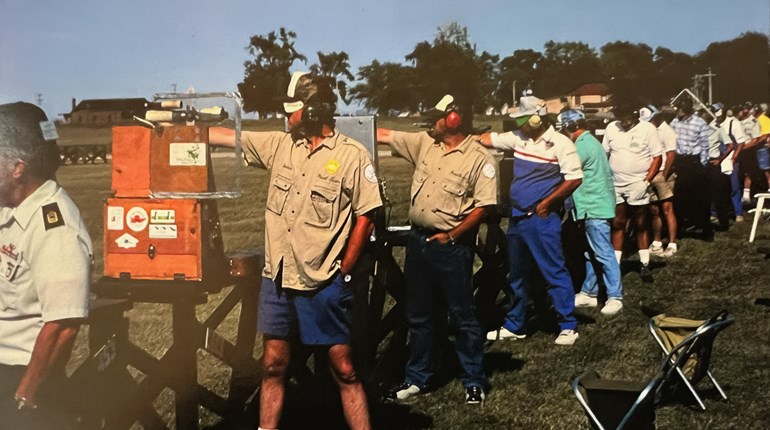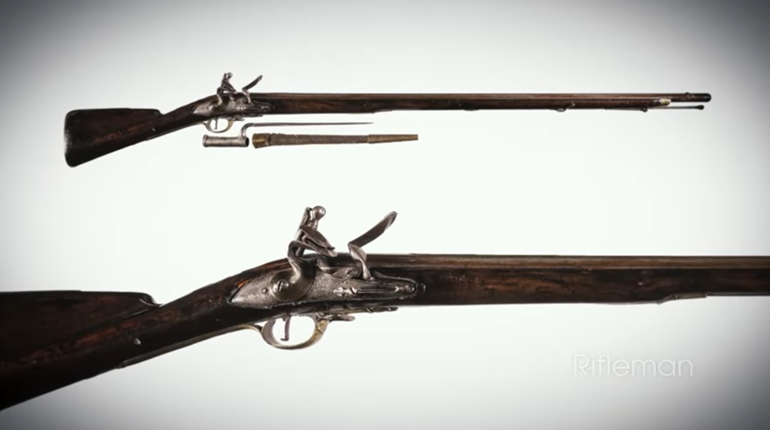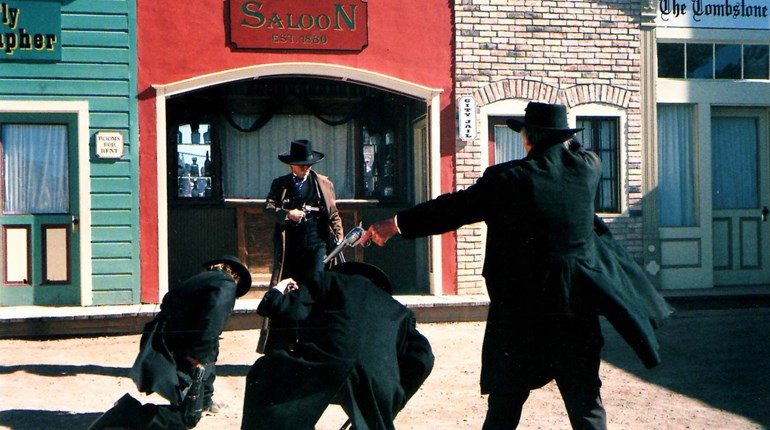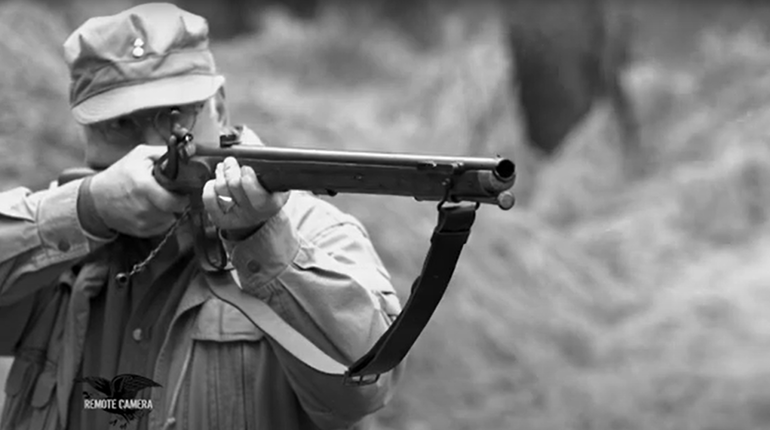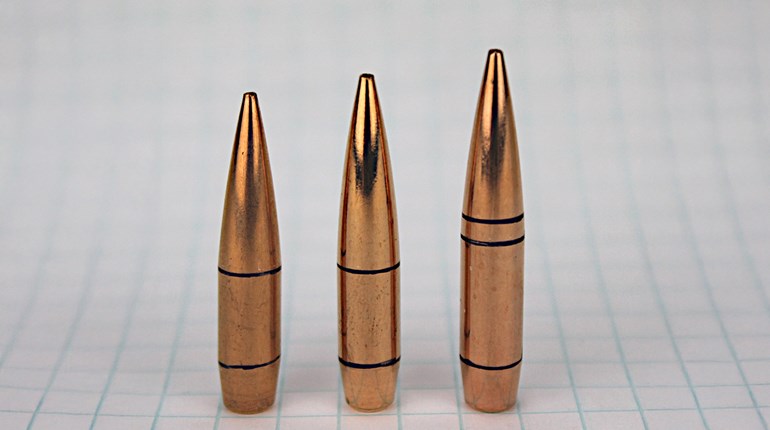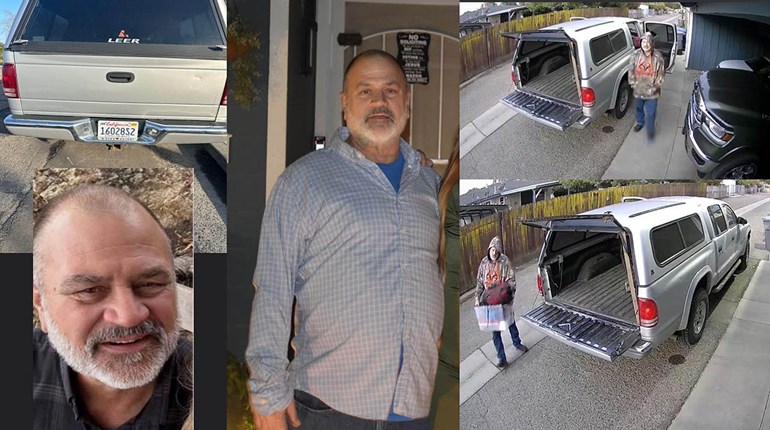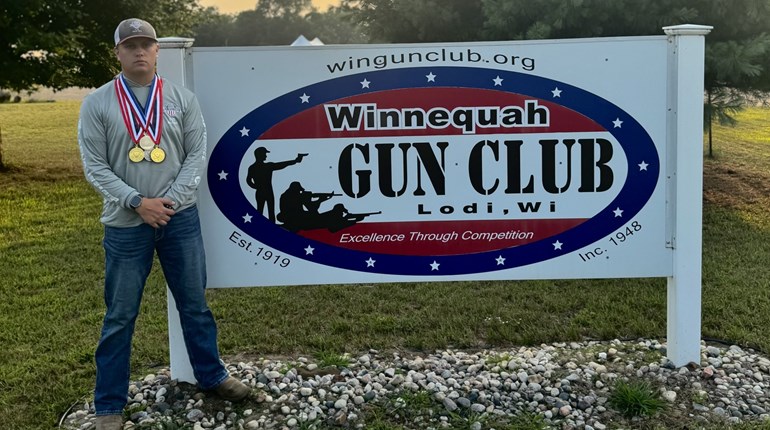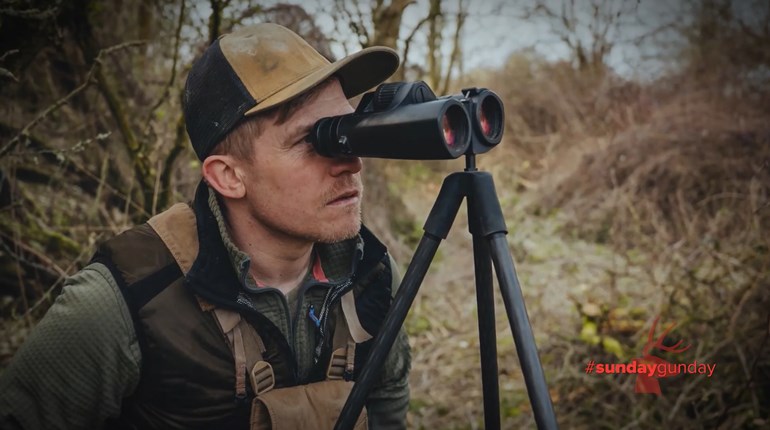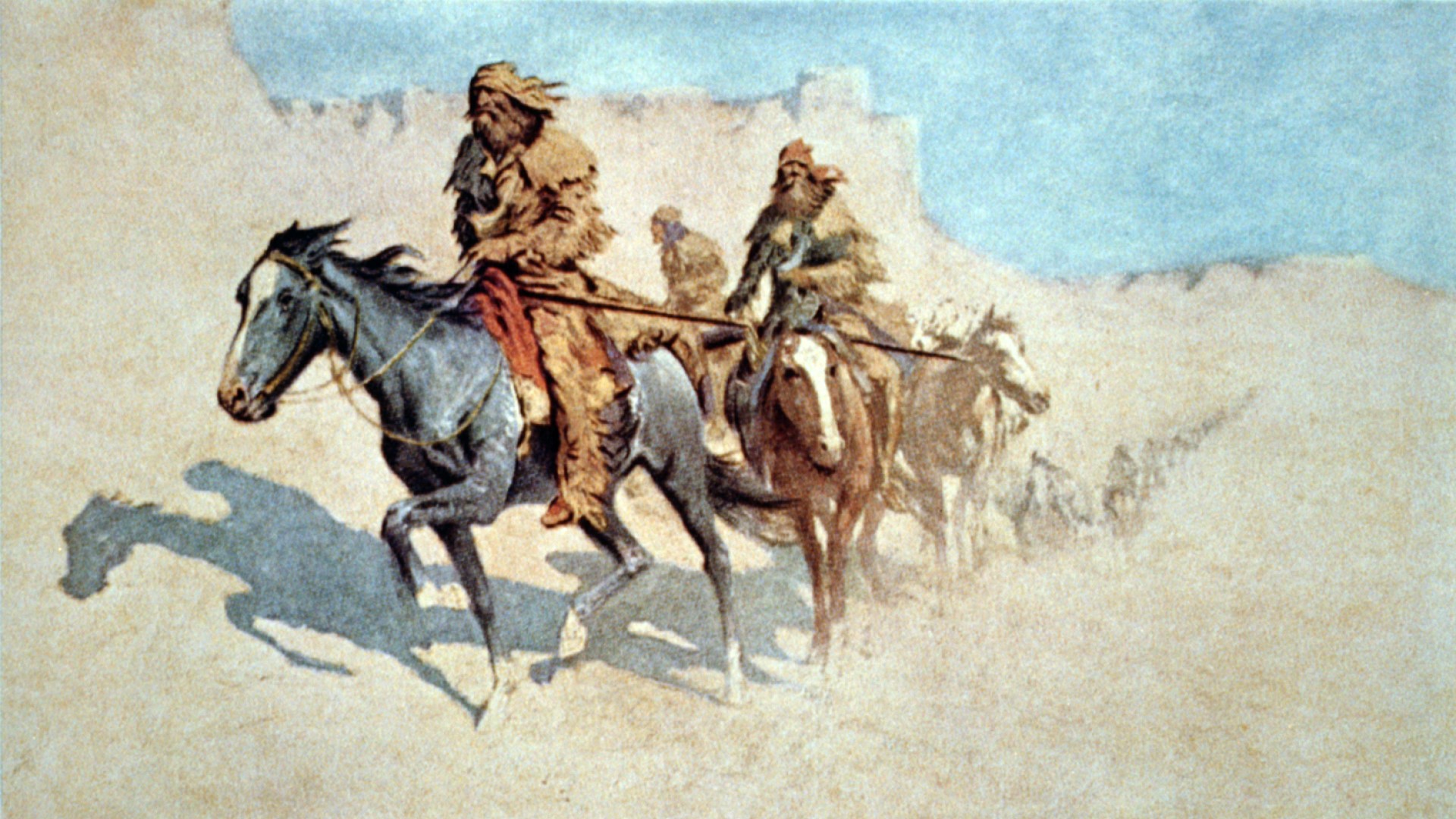
He possessed all the survival skills of the mountain men, yet none of their vices. He didn’t swear or curse, use tobacco, boast, brawl, drink liquor to excess or covet Indian women. Rather, he was a practicing Methodist who carried a Bible in his possibles bag and read it religiously, studying the good book in depth to closely follow its many teachings. Nevertheless, the other mountain men grew to highly respect him, so much so that he eventually became one of their leaders, often referred to as captain. High praise in a wild country where it was said that God was always careful to stay east of the Missouri.
Jedediah Strong Smith was born on January 6, 1799, in the Susquehanna Valley of southern New York. His parents soon moved to Pennsylvania with their many children, then even further west to Ohio’s Western Reserve. Jedediah left home to seek his fortune during his early 1820s, arriving in St. Louis in 1822. Like many young men of the era, he was looking for adventure, and where better to find it than in the “shining mountains” of the American West he had heard so much about?
As described by his biographer, Smith was “a lean young fellow, brown of hair and blue of eye, perhaps six feet tall, who talked with a self-possession that belied his 23 years.” In describing himself and his ambitious aspirations, Jedediah wrote, “I started into the mountains, with the determination of becoming a first-rate hunter, of making myself thoroughly acquainted with the character and habits of the Indians, of tracing out the sources of the Columbia river, and following it to its mouth; and of making the whole profitable to me…”
For someone who had never before ventured west of the Mississippi, that was a tall order. He had no idea of the vastness of the prairies, the ruggedness of the many mountain ranges, nor the scorching heat of the seemingly endless deserts. Regardless, Jedediah Smith would accomplish all his dreams and more, doing so in a mere eight years.
He began by signing on with the Ashley-Henry Expedition, answering an advertisement in St. Louis newspapers for “100 enterprising young men” to go to the sources of the Missouri River to gather furs, either by trapping or trading with the Indians. In exchange for arms, equipment and other supplies, the young men of the expedition would turn over to Ashley and Henry half of what they could gather with their traps and rifles. The other half they would sell to Ashley and Henry at prevailing prices. That arrangement would eventually evolve into the “free trapper” of mountain man fame, where a person did what he wanted when he wanted, beholden to none.
But what may have seemed like exciting times and easy money to Smith soon turned deadly. On May 30, 1823, the expedition’s keelboats dropped anchor midstream in the Missouri opposite two Arikara Indian towns. The Arikara had a reputation of being friendly to Whites on some occasions, ugly on others. Rowing a skiff to shore, Ashley parleyed with the Indians for horses he would need later in the expedition. The bargaining took several days, concluding with Ashley trading for 19 horses. Forty of Ashley’s men then began ferrying the trade goods from the boats to the sand beach. The men planned to spend the night ashore, leaving with the horses overland at first light the next morning.
Unfortunately, that’s not what happened. During the night, several of Ashley’s men slipped into the Arikara village seeking the companionship of Indian women. One of the men was subsequently killed by the Indians, the incident igniting a firefight at dawn. The Indians opened fire at the Whites on the beach with “London fuzils,” while the men returned fire with their muzzleloading rifles.
Ashley ordered the crew on the keelboats to weigh anchor and rescue the men on the beach, but many refused because of the danger. Fifteen of Ashley’s men were subsequently killed and another nine wounded before the keelboats were able to drift downstream out of range of the Indian village.
Later writing about the incident, Ashley remarked, “Never in my opinion did men act with more coolness and bravery than the most of those exposed on the sand beach.” One of those men was Jedediah Smith while experiencing his first taste of combat.
A survivor of the battle added, “When his party was in danger, Mr. Smith was always among the foremost to meet it, and the last to fly. Those who saw him on shore, at the Riccaree fight … can attest to the truth of this assertion.” It was not to be the last of Smith’s escapes from Indians. He also survived major fights with the Mojaves in 1827 and the Kelawatsets in 1828.
Grizzly bears also tried to kill Jedediah Smith, three times over. The first bear came the closest to getting it done. Smith was leading a small group of mountain men through a brushy bottom, the men walking single file leading their tired horses, when a large grizzly suddenly charged unprovoked downhill toward the center of their line. But instead of grabbing the first man or horse it came to, the bear made a 90-degree turn and rushed to the front of the line, attacking Smith.
Taking Jedediah’s head in its mouth, the bear slammed him to the ground, ripping his scalp from his skull. The bear then clawed and bit Smith mid-body, not only breaking the handle of his knife but also breaking several ribs. Quickly recovering from their shock, the other men used their rifles to fire ball after ball into the big bear at close range before “Old Ephraim” finally released its jaws and died.
Jedediah Smith was a bloody mess, but not dead. Not quite knowing what to do next, the men asked him what they could do to help. “If you have a needle and thread, get it out and sew up my wounds around my head,” he said. No one wanted that job, but mountain man Jim Clyman reluctantly volunteered. “…got a pair of scissors and cut off his hair and then began my first job of dressing wounds,” he later wrote. Clyman was even able to reattach Smith’s dangling ear.
Miraculously, Jedediah somehow survived that grizzly attack, and just two weeks later was once again well enough to begin leading the men. Not surprisingly, he bore evidence of the attack for the rest of his life, growing his hair as long as possible to cover the red, ragged scars.
After proving himself as a trapper and reliable leader, Smith had the opportunity to become part owner of a fur company. Ashley was selling out, and his interests were bought by Smith and two other capable mountain men, William L. Sublette and David Jackson. The three partners agreed that Sublette and Jackson would return to trapping and trading in the headwaters of the Missouri, while Smith would probe new areas for beaver even further west. The next several years saw Smith making multiple trips to both California and Oregon. In his book A Life Wild and Perilous, author Robert M. Utley wrote,
“For Jedediah Strong Smith, trapping was the means to fulfill his main interest, exploration. No man knew more of the American West than he. His travels throughout the Rockies and to California and Oregon gave him a ‘mental map’ of the continent unmatched by anyone.”
Smith returned to St. Louis in October 1830, looking forward to taking a well-earned break from the dangerous life he’d been living in the mountains. He also anticipated transferring his “mental map” of the West to paper and sharing his journals publicly.
But business called, and he agreed to first organize and participate in a large trading party to Santa Fe and the Mexican provinces. The Southwest was experiencing a severe drought at the time, and the expedition soon began running critically low on water. Pairing up the men, Smith sent them out in various directions in a desperate search for water.
Smith and his partner, Tom Fitzpatrick, discovered what was left of a waterhole in present-day Kansas, but finding it dry, Jedediah instructed Tom to stay there and begin digging, while he investigated a copse of trees in the distance. Sure enough, Smith found water awaiting beneath those trees, but a group of hidden Comanche warriors also found him.
Quickly surrounding Smith, the mountain man had no chance. The details of how Jedediah Smith died at the hands of the Comanches are not known, as his body was never recovered. His partners and friends eventually learned about his untimely death from what the Comanches told Comancheros, traders operating in northern and central New Mexico.
George Laycock, in his book The Mountain Men, wrote a fitting epitaph. “The unforgettable Jedediah Smith, who had come west as a kid … had been the first White man to go overland to California, the first to travel the California coast north to the Columbia, the earliest to cross the rugged Sierra Nevada, and the first to explore the Great Basin. When he died that day beside the desert waterhole, Jedediah Smith was thirty-two. In eight years of trapping and exploring, fighting Indians and grizzlies, he had written his name indelibly into the legend of the American West.













